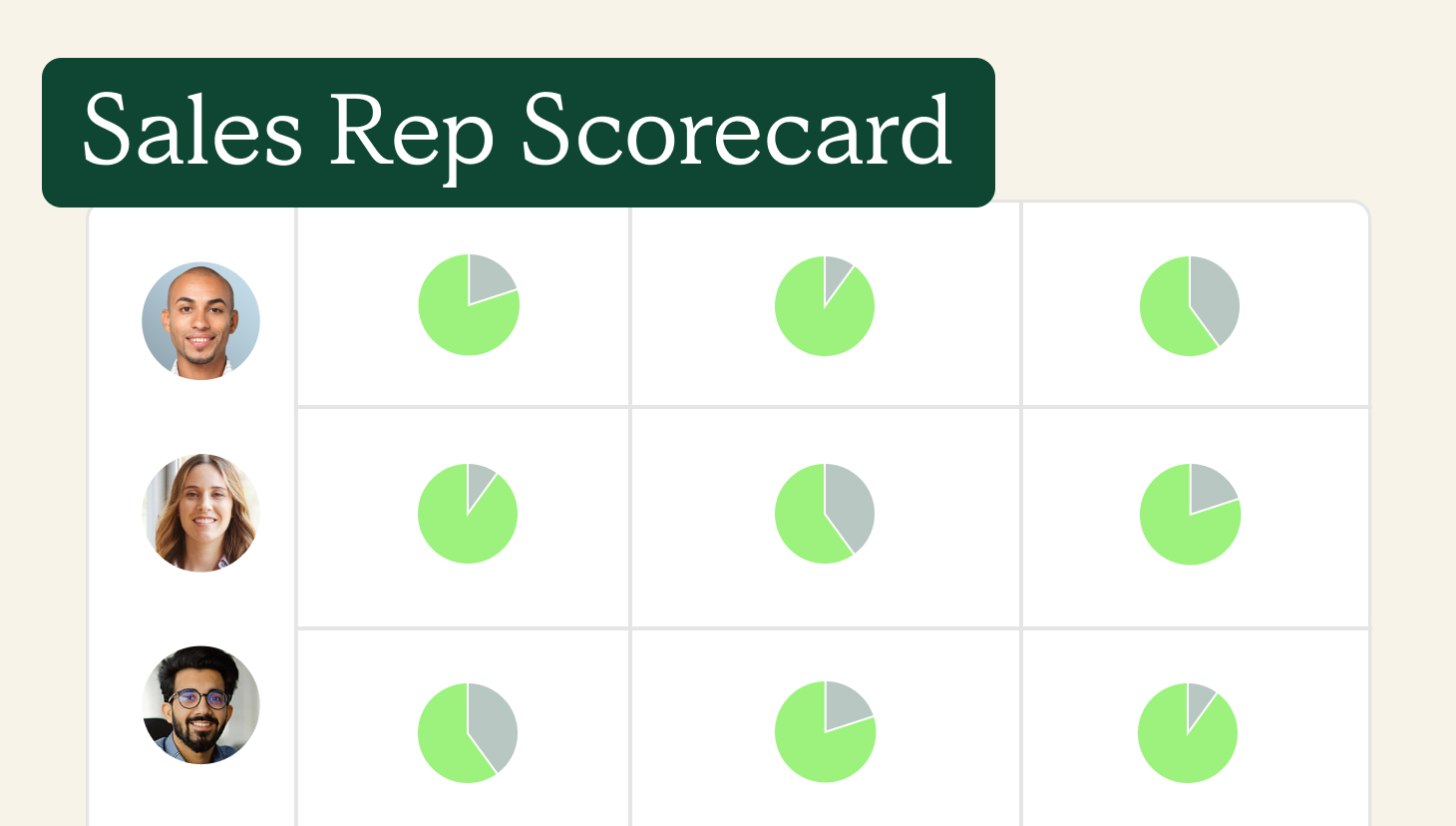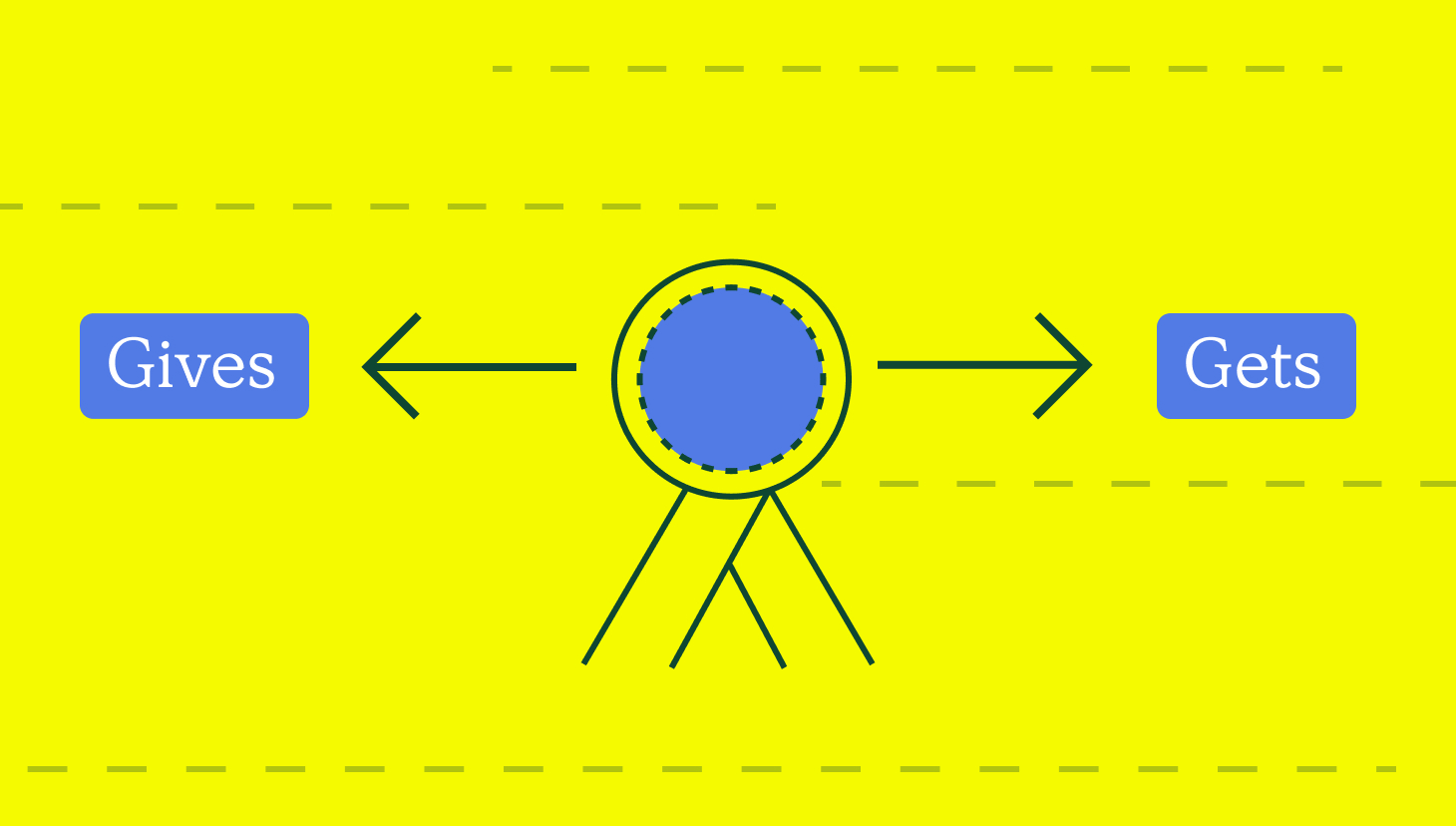Creating the best sales manager comp plan is crucial to attracting and retaining top candidates.
These pros play a key role in hiring, tracking performance, training, coaching, and motivating sales reps to ensure they successfully meet or achieve their goals. These actions directly impact your ability to reach broader business objectives.
What makes a solid sales manager compensation plan? Their comp plan, like many, includes a base salary plus variable pay.
Streamline commissions for your RevOps, Finance, and Sales teams
Design, track, and manage variable incentives with QuotaPath. Give your RevOps, finance, and sales teams transparency into sales compensation.
Talk to SalesBase salary is a preset amount of money the sales manager receives each pay period regardless of performance. Sales manager base salaries should be market- and industry-competitive and reflect the individual’s experience and responsibilities.
Variable pay, on the other hand, is pay that is based on performance.
For instance, the more a sales manager’s team sells, the greater the variable pay they will receive in their paycheck.
Variable pay can reward various types of performance and offered in different forms like bonuses, accelerators, and decelerators.
Some examples of sales manager bonus options include a team performance bonus and a coaching and development bonus.
The team performance bonus is tied to achieving the collective team quota, which is rewarded when exceeding 100% of the target.
Meanwhile, the coaching and development bonus rewards effective coaching and development of sales reps triggered by high rep satisfaction or designated quota attainment by new hires.
Another type of variable pay is long-term incentives in the form of stock options or profit sharing to align manager goals with long-term company success.
Sales Manager Comp Plans Key Considerations
When building a sales manager compensation plan, key considerations include plan clarity, alignment with business goals, scalability, fairness, and motivation.
Clear and transparent communication of the plan and how performance translates to rewards is essential to the success of any compensation plan. The plan will not motivate the right behaviors if employees don’t understand how they earn incentives.
The plan must also incentivize behaviors that drive overall business objectives, such as customer retention or profitability. Lack of alignment makes business goal achievement less likely.
Scalability ensures that the plan accommodates growth, team size, and structure changes.
Fairness and motivation in a plan motivate managers and foster a healthy team environment.
This blog discusses how manager compensation plans differ from rep plans, offers comp plan examples, and outlines how to create a sales manager compensation plan.
Let’s get started.
Free Sales Commission Calculator Template
A free spreadsheet to simplify the commission tracking process. Track what you or your team have earned in 4 inputs.
Download NowHow a Manager Comp Plan Differs From a Rep Plan
“The core difference between a manager plan and a rep plan is that a manager doesn’t actually do the selling,” Graham Collins, QuotaPath Head of Partnership, said. “Managers are paid for improving the work that salespeople do with coaching, guidance, and training.”
It makes sense that manager and rep plans differ in focus, metrics, and structure.
Rep plans focus on individual performance areas like quota achievement, deal size, and activity metrics including the number of meetings or demos scheduled.
By contrast, the manager’s plans focus on team performance, such as achieving the collective quota, team development, and coaching effectiveness.
Metrics used to track plan attainment are different for reps than managers too. For instance, rep plans leverage quantifiable sales metrics, including revenue generated, deals closed, and win rate. However, the manager plan considers a combination of sales metrics plus team health metrics such as rep motivation, turnover rate, and coaching frequency.
Finally, rep and manager plans are distinctly different in structure.
Rep plans typically have a more straightforward structure and are often commission-heavy, consisting of a combination of base salary plus commission on sales. Yet, manager plans commonly have a more complex structure, including a mix of base salary, bonuses, and potential long-term incentives such as stock options.
Try QuotaPath for free
Try the most collaborative solution to manage, track and payout variable compensation. Calculate commissions and pay your team accurately, and on time.
Start TrialComp Plan Examples
There are many ways to approach sales manager compensation plans. The best option depends partly on your stage of business growth and market and economic factors.
For example, a single-rate sales manager compensation plan, as described in this blog, is perfect for a startup with its first sales manager. It is easy to understand and scale as the business grows.
Below are two additional sales manager comp plan options to consider.
Sales Manager Compensation Plan: Commission with Accelerator
The Commission with Accelerator structure is a commonly adopted comp plan for sales managers.
In this commission plan, the manager receives a fixed commission rate for each sale made by their team. Once the team exceeds 100% of its quota during the quota period, the manager’s commission rate increases for each additional deal.
Remember that the commission rate should be adjusted based on the team’s size. Therefore, the commission rate should change as new reps are hired or leave the team.
Generally, management regulates the commission rate in monthly or quarterly intervals based on team changes. Neglecting to make these changes can substantially affect the manager’s income potential.
Think about including a “cliff” in this plan. A cliff, also known as a commission floor, guarantees that the sales manager does not receive a commission until the team achieves a designated milestone, such as 50% in the example below.
Sales Manager Compensation Plan Example: Accelerators
- Commission Tiers:
0-100%: Base rate: 3.1%
100%+: 1*5 base rate 4.63% (non-retro) - Annual OTE: $200,000
- Base:variable: $100,000 / $100,000
- Pay mix ratio: 50:50
- Annualized Team Quota: $3.6M Annually
- Quarterly Team Quota: $900,000
- Manager Buffer: 90%
- Manager Quota: $3.24M Annually
Sales Manager Compensation Plan: Bonus
The subsequent compensation plan for sales managers is based on bonuses.
Under this structure, managers receive a designated bonus for each attainment point linked to their team’s overall quota achievement.
It resembles the Single Rate Bonus Plan for account executives, but it applies to leadership.
The Sales Manager’s bonus percentage in this compensation plan aligns with their team’s quota attainment percentage. For instance, if the team achieves 93% of the quota, the Sales Manager will receive 93% of their bonus (calculated at $250 per percentage point), irrespective of the quota size.
Similar to our other compensation plan templates, this structure incorporates a manager buffer of 90%.
Nevertheless, the manager’s bonus remains consistent within this sales leadership compensation plan, irrespective of team size. While the team may grow or scale back, the per-attainment bonus remains unchanged.
Sales Manager Compensation Plan Example: Bonus
- Single-rate bonus: $250 per percentage point of attainment
- Annual OTE: $200,000
- Base:variable: $100,000 / $100,000
- Pay mix ratio: 50:50
- Rep Quota: 150,000 Quarterly
- Annualized Quota amount: $3.6M Annually
- Quarterly Team Quota: $900,000
- Manager Buffer: 90%
- Manager Quota: $810,000 Quarterly
- Manager Quota: $3.24M Annually
Create Compensation Plans with confidence
RevOps, sales leaders, and finance teams use our free tool to ensure reps’ on-target earnings and quotas line up with industry standards. Customize plans with accelerators, bonuses, and more, by adjusting 9 variables.
Build a Comp PlanSteps to Build a Sales Manager Comp Plan
“When building any comp plan, I always ask the three steps or questions,” Graham said. “How much, for what, and how?”
1. The first step involves asking, ‘How much will you pay the manager total?’ For example, you might decide to budget $200,000 per year total pay for the sales manager.
The other part of this question is ‘How will they get paid?’ This is where you designate a variable pay split or pay mix.
“For managers, pay mix is typically 50/50 or sometimes 60/40,” according to Graham.
A pay mix of 50/50 is 50% base salary and 50% commissions or bonuses. Likewise, a 60/40 pay split is 60% is base and 40% is commissions or bonuses.
2. The second step answers the question, ‘For what?’ This is where you designate a quota for the manager.
For instance, you could create the quota by adding the sum of the quotas on the manager’s team. For a team of five reps, where each team member’s quota is $100,000, the manager’s quota would be $500,000. You would calculate this by multiplying the number of reps times the quota, or 5 x $100,000 = $500,000.
It’s common for the manager’s quota to be set at 90% of the team’s quotas to accommodate new hires and underperforming reps.
3. You work through the ‘How?’ question in the third step. How do you want to pay?
“There are two major ways that managers get paid. They either get paid commissions or bonuses,” said Graham.
For instance, a manager is paid 1% of everything their team sells. Then you may have accelerators that increase the amount paid as milestones are attained or decelerators to limit commissions before a certain threshold is achieved.
An example of bonus-style incentives could be a predetermined reward sum whenever a specified percentage of quota is reached quarterly or monthly.
Quota frequency is another consideration. It is typically the same frequency as their team’s, monthly or quarterly. “It would never be shorter,” according to Graham, “but there are times when it may be longer. For example, a manager’s reps are on a monthly quota, and the manager is on a quarterly quota.”
Streamline commissions for your RevOps, Finance, and Sales teams
Design, track, and manage variable incentives with QuotaPath. Give your RevOps, finance, and sales teams transparency into sales compensation.
Talk to SalesConclusion
A solid sales manager compensation plan enables you to attract and retain top talent that helps your sales team achieve its goals and, ultimately the broader organizational objectives. Sales manager comp needs to be competitive and reflect the specific role’s experience and responsibilities.
These plans typically include a base salary, variable pay, and bonuses or other incentives. A properly designed plan must be easy to understand, aligned with business goals, scalable, fair, and motivational.
The steps for building a manager comp plan answer the questions, ‘How much,’ ‘For what,’ and ‘How.’ Once you work through them, it’s time to assess them for market and industry competitiveness and align them with the individual’s experience.
To build, test, model, and track the performance of your manager comp plans, schedule time to chat with our sales team.



